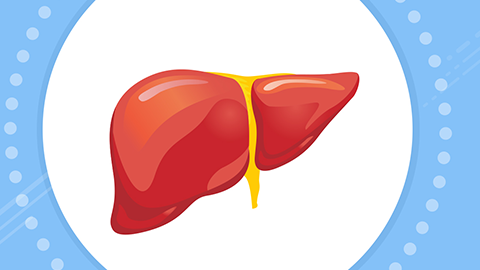Can liver fibrosis be cured?
Generally, whether liver fibrosis can be cured mainly depends on the patient's physical condition and the clinical stage of the disease. If the patient is in good physical condition and the disease is detected early, it is usually curable. However, if the patient's physical condition is poor and the disease is detected at a later stage, it may be more difficult to treat effectively. If discomfort occurs, timely medical attention is recommended. Detailed explanation is as follows:

If patients with liver fibrosis are in good physical condition and the disease is at an early stage, liver fibrosis may be reversible and curable. This is because during the early stages of liver fibrosis, treating the underlying cause and removing the causative factors—such as administering anti-hepatitis B or C virus treatments, anti-schistosomal therapy, abstaining from alcohol, and taking anti-fibrotic medications under a doctor's guidance—can lead to recovery of liver function and potentially reduce or even reverse the degree of fibrosis in most patients.
However, if the patient's physical condition is poor, and liver fibrosis is detected late or is already severe, the treatment process may be lengthy and the likelihood of a cure is significantly reduced. Over time, liver fibrosis could progress to cirrhosis and liver cancer, at which point the liver has typically sustained severe damage, possibly leading to liver failure, making successful treatment much less likely.
In daily life, maintaining a balanced diet, engaging in moderate exercise, quitting smoking, and limiting alcohol consumption can help protect liver health and prevent the onset and progression of liver fibrosis.




